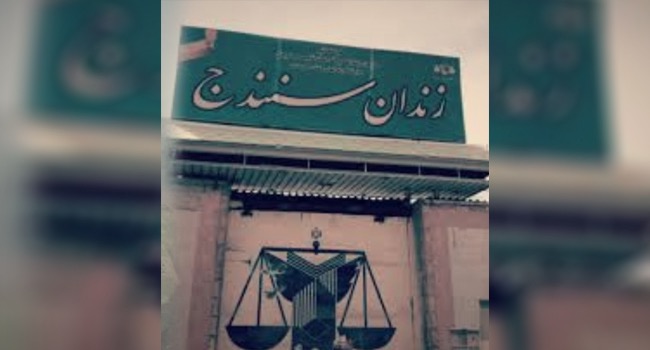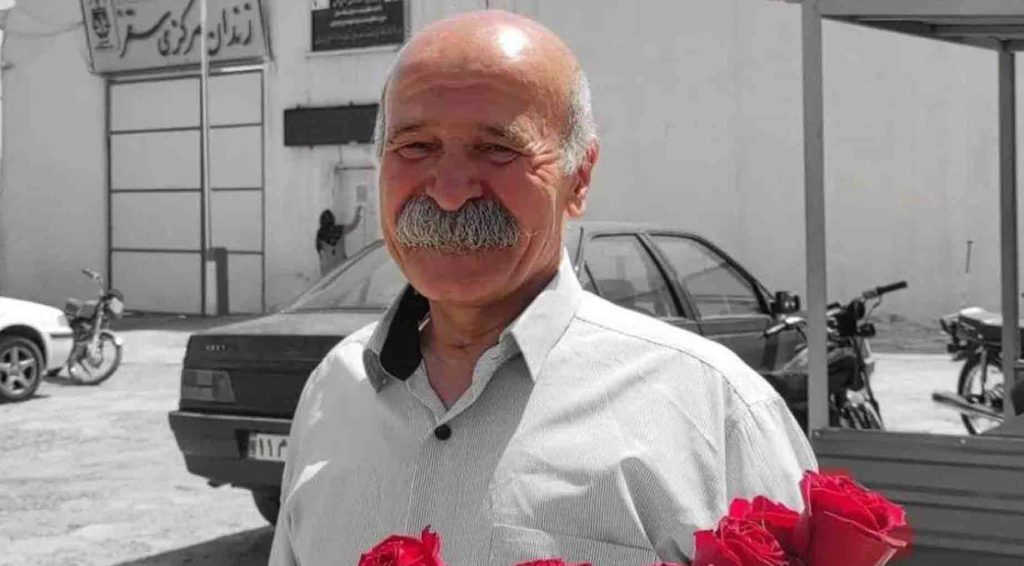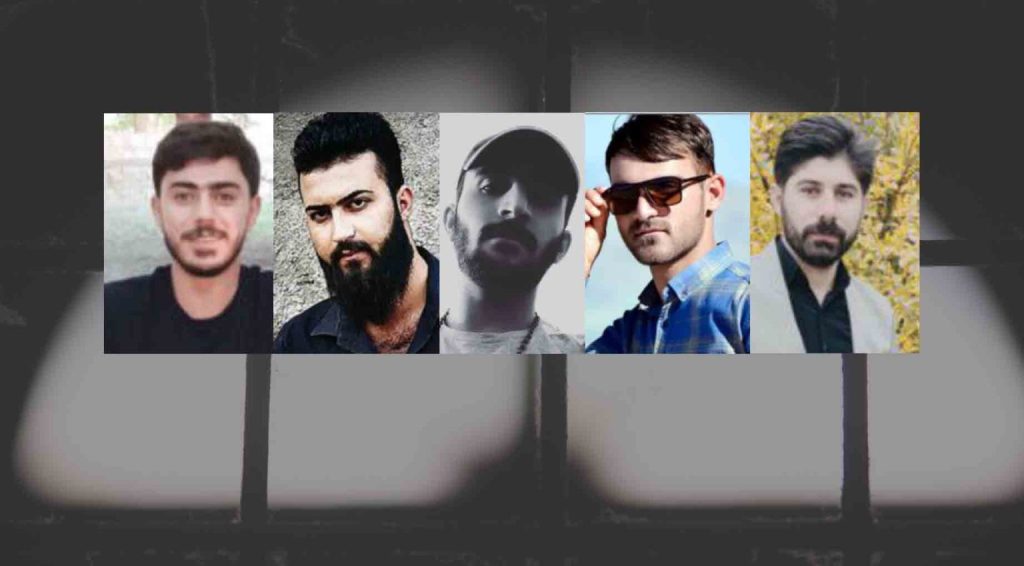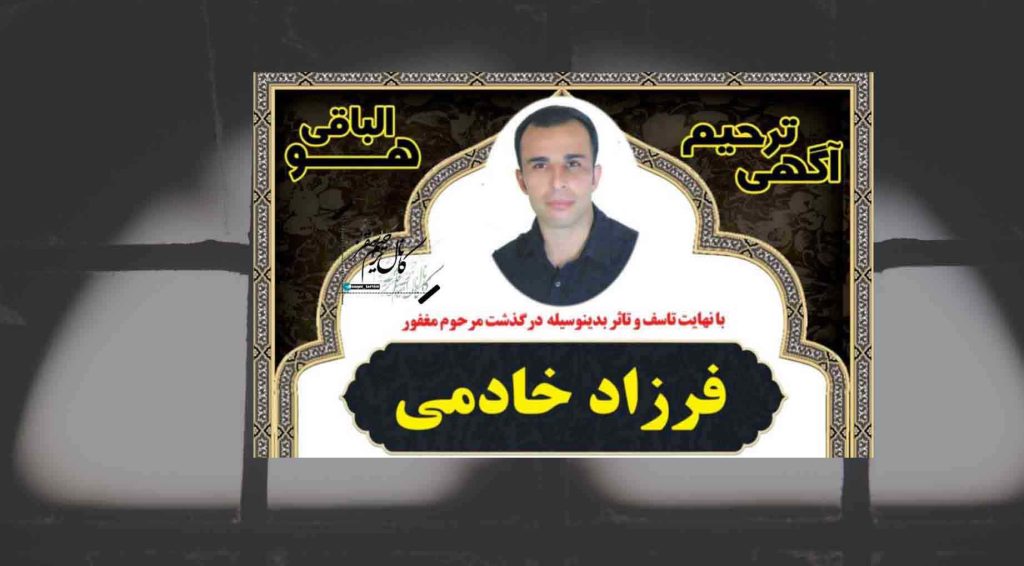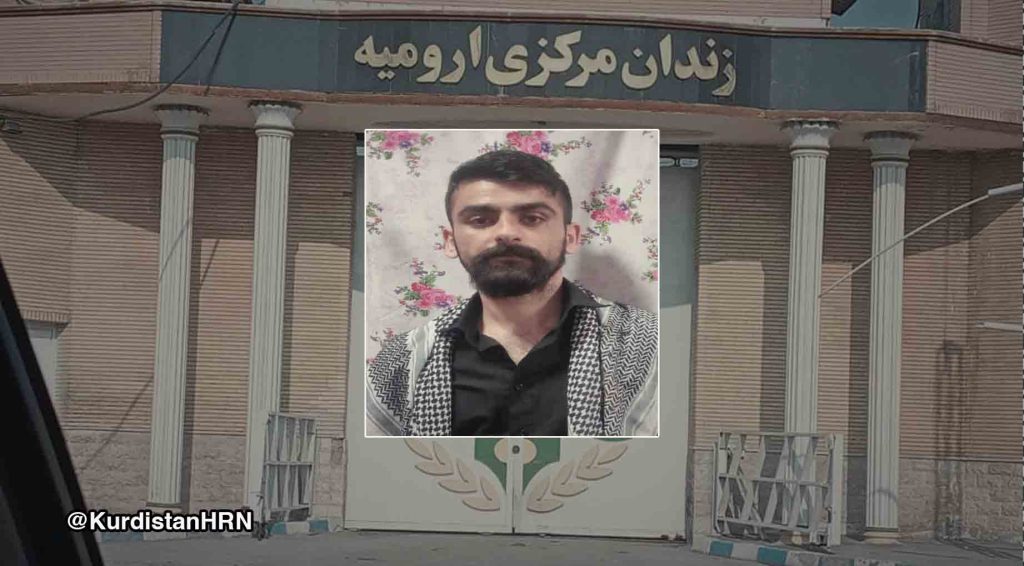Security forces have detained hundreds of civilians in Sanandaj, Kurdistan province, after the nationwide protests broke out over the murder of Mahsa (Zhina) Amini.
They have taken the detained protestors to the security detention centre and the central prison of Sanandaj.
The transfer of so many people to the prison resulted in the overpopulation of the prison, leading to problems for both inmates and detainees.
Investigations carried out by the Kurdistan Human Rights Network (KHRN) indicate that the General Directorate for the Prisons Organisation in the Kurdistan province has formed a committee to manage the situation in cooperation with the security institutions.
The committee is headed by Mehrdad Abbasi, the head of the prison intelligence protection at the General Directorate of the Prisons Organisation of the Provinces.
Other members of the committee include Koulivand, the head of the prison security units; Amini, the head of the prison protection; Abbasi Falehgari, the head of the inspections in prison; and Mehdi Ghavvami, a prison staff member.
Mehrdad Abbasi, who used to be in charge of the prison’s intelligence protection, has been involved in the suspicious death of two ordinary crimes prisoners named Khosrow Jamalifar and Aram Zamani in the past few years.
The transfer of hundreds of arrested protestors to prison has caused overpopulation in prisons and a severe lack of accommodation space, a severe reduction in food rations, a lack of necessary sanitary facilities and even a lack of supplies in the prison store.
These issues led to prisoners protesting on 1 October, and intense fights broke out between the prisoners and the prison security units, which was accompanied by severe beatings and repression of the prisoners.
After this incident, the prison guards attacked various prison wards and severely beat the protesting prisoners with batons.
The number of prisoners held in the prison has increased from 650 before the nationwide protests to over a thousand after the demonstrations.
The actual capacity of the prison, however, is about 400 people.
In addition, the detainees of the recent protests have been beaten by the protection unit, in which Mehdi Ghavvami has played the main role.
It has been reported that the conditions of this prison for the last two weeks have been extremely unsuitable. About 200 protesters were held in the prison’s sports hall, while some were transferred to other wards within the prison.
Following the transfer of the detained people to the general prison wards, the daily movement of prisoners between the wards has been prohibited and each ward has been converted into a public cell for keeping 40 to 120 people.
Reportedly, the arrested protesters are handed over in turn to the security agencies daily, and later they are returned to prison after being severely tortured.

